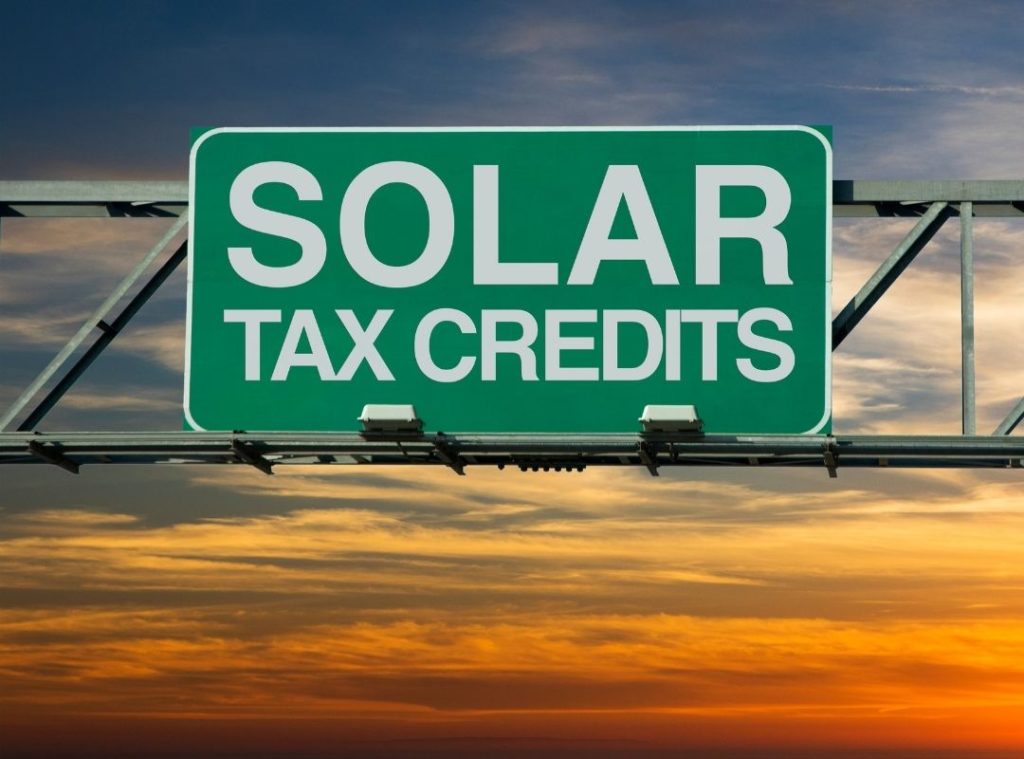With the global emphasis on sustainable living and renewable energy, the transition to solar power has gained substantial momentum. The move to cleaner energy sources is not just a step towards environmental conservation, but with the current financial incentives, it’s also a highly economical decision for homeowners. The year 2023 brings a range of incentives that significantly reduce the initial investment costs of installing solar panels. This article delves into the latest solar energy tax credits and incentives, guiding homeowners through potential savings and environmental contributions.
What are Solar Energy Tax Credits
Solar energy tax credits are direct deductions from tax liability offered by the government for homeowners who install solar energy systems. These incentives are part of broader initiatives to encourage sustainable energy sources by making them more financially attractive.
The way these tax credits work is simple: a percentage of the cost of purchasing and installing a solar system can be deducted from your federal taxes. This reduction is a significant factor for many, as it directly impacts the overall cost, effectively speeding up the return on investment.
Federal Solar Tax Credits for Homeowners in 2023
The Federal Investment Tax Credit (ITC) stands as one of the most significant initiatives for solar investment. As of 2023, homeowners can claim 26% of the installation costs for eligible solar systems, deducted directly from their federal tax obligation. This incentive, available for both residential and commercial installations, is a primary driver behind the solar energy adoption surge.
Eligibility for the ITC involves stringent criteria, including the stipulation that the homeowner must purchase the system outright (either with cash or through financing). Leased systems do not qualify for this credit. Homeowners apply for the credit by completing the necessary form as part of their tax return, making the process straightforward.

State and Local Solar Incentives
In addition to federal incentives, many states offer substantial solar incentives. The nature of these varies from state to state, including further tax credits, rebates, and even cash incentives. Some regions also provide SRECs, allowing homeowners to sell excess energy generated by their solar panels back to the grid, creating an ongoing revenue opportunity.
It’s essential to research your specific state’s incentives, as these can often be used in conjunction with the federal ITC, making solar systems more affordable. Various online resources provide comprehensive, state-specific information, simplifying the search for relevant local incentives.
Utility-Based Solar Incentives
Many utility companies have also established incentive programs, such as rebates for solar panel installation or net metering systems. These programs further enhance the affordability of solar installations.
Net metering is particularly beneficial, allowing homeowners to offset their electricity bills with the energy their solar panels generate. During periods when your system produces more electricity than you use, the excess energy is sent back to the grid, which in turn reverses your electricity meter. This system can significantly reduce your electricity bills, saving you a substantial amount over time.
Additional Financial Solar Incentives and Programs
Beyond government and utility incentives, alternative financial programs can further reduce the costs of solar. These include solar renewable energy certificates (SRECs), property-assessed clean energy (PACE) financing, and various private sector incentives.
Additionally, community solar programs have gained popularity, allowing homeowners to tap into solar energy without installing personal solar systems. These community programs are particularly advantageous for those facing logistical challenges with solar panel installation.

Maximizing the Benefits of Solar Incentives
Given the plethora of incentives, a strategic approach is necessary to maximize potential savings. First, homeowners should calculate the combined savings from both federal and state tax credits, considering SRECs and utility rebates. These calculations provide a more accurate representation of the actual costs and savings involved in installing a solar system.
Furthermore, consultation with a tax professional or solar advisor ensures complete understanding and utilization of all available incentives. These experts can guide you through the complexities of applying for these programs, ensuring you maximize your investment benefits.
The Future of Solar Energy Incentives
While the immediate future for solar energy incentives looks bright, these programs will not last indefinitely. The scheduled step-down of the ITC is an example of how these incentives are designed to decrease over time, eventually phasing out. As such, current and emerging trends suggest a window of opportunity for homeowners considering solar installations.
Additionally, policies and technological advancements continue to evolve. Staying informed about these changes is crucial for anyone interested in or currently invested in solar energy. The landscape of renewable energy is dynamic, and incentives are a critical part of this ever-changing sector.
Conclusion
The environmental and financial benefits of transitioning to solar power are clear. With the variety of incentives available in 2023, there has never been a better time to consider this investment. From the significant federal tax credit to state, local, and utility incentives, the opportunities for cost-saving are at an all-time high. However, these incentives won’t last forever. As renewable energy technology continues to advance and become more accessible, we anticipate a reduction and eventual phase-out of these incentive programs.
For homeowners, this means the time to act is now. Taking advantage of these incentives sooner rather than later can result in considerable immediate and long-term savings. To navigate the complexities of these incentives and choose the most appropriate for your situation, professional guidance is recommended.
Advosy Energy stands as a valuable partner in this journey. Our team’s expertise ensures you understand and utilize all available solar incentives, maximizing your investment. Contact Advosy Energy today, and take a step towards sustainable living and energy independence through solar power.

